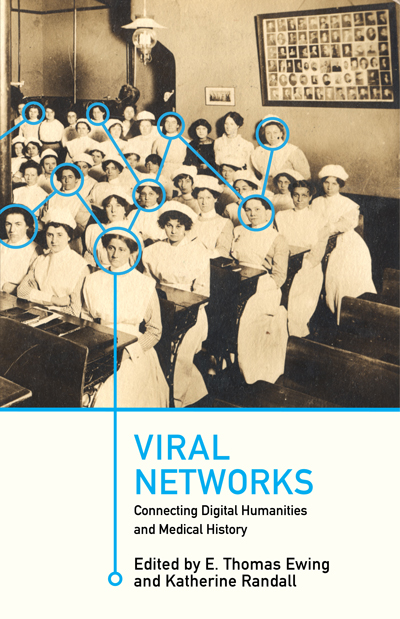JARS v37n2 - In Memoriam: John Caspar Wister
In Memoriam: John Caspar Wister
The Dean of American Horticulture died at his home in Swarthmore, PA. on December 27, 1982 at the age of 95. Dr. Wister had been a special friend of rhododendrons, and also roses, peonies, daylilies, iris, lilacs, daffodils, magnolias - in fact, almost any plant in bloom could evoke a special pleasure in him which he keenly enjoyed sharing with others.
His love of growing plants began on his parents' 10 acre "farm" in Germantown, Philadelphia and took him to Harvard University, class of 1909, where he later studied landscape architecture. His brother, Owen Wister, was the author of The Virginian , a classic western novel.
Dr. Wister's involvements in American horticulture were extensive, and the honors bestowed by so many plant and horticultural societies reflect his great devotion to flowering plants and the people who loved them. He held gold medals from the Massachusetts Horticultural Society, The Garden Club of America, The American Daffodil Society and the American Rhododendron Society.
Author, editor, speaker, organizer, hybridizer, designer and planter, Dr. Wister was best known for his planning and supervision of the plantings at Swarthmore College, where he was associated for over fifty years, and at Tyler Arboretum in nearby Lima. In the rhododendron world he was a contributor to the A.R.S. quarterly, he spoke at the first International Rhododendron Conference in Portland, Oregon in 1961; he chaired the Dexter study committee that rescued many Dexter hybrids from oblivion; he planted magnificent collections of rhododendrons at Swarthmore College where he served as director of the Arthur Hoyt Scott Horticultural Foundation, and at Tyler Arboretum where he served as its first director. On the door at his office at the Scott Foundation was a quotation from Wordsworth that revealed the spirit of Dr. John's life: "Nature never will betray the heart that loved her". John Wister loved her well. His own garden drew countless visitors from home and abroad. At 66 he began producing a beautiful series of hybrid rhododendrons which are not yet as well distributed as they deserve to be. Gertrude S. Wister, whom he married in 1960, has devotedly prepared registration descriptions of some of the finest of her husband's hybrids that he selected and named. Many more await recognition. He always insisted on referring to his hybrids as Swarthmore hybrids, and gave credit not to himself, but to the pollinators who worked under his direction. If one attempted to compliment him on the beauty of his creations, he would respond with a challenge: "yes, but are they any good?" In this way he awakened the spirit of research in many who met him, for the only serious way to meet his challenge was to study his plants and send him the findings. His correspondence was both generous and voluminous.
The American Rhododendron Society, in presenting its gold medal to Gertrude Wister in 1982, made the Wisters the first husband and wife to have received a gold medal from a plant society, each on his and her own merits. When the medal was presented to her at Swarthmore (Dr. John's infirmity had confined him to his home), he was heard to say, "now I'll have to treat her with respect!" Invariably there was much love in his humor.
A memorial service was held at the Swarthmore Friends Meeting House on January 8. Dr. Wister had suggested that James Whitcomb Riley's "A Parting Guest" be read for his friends and family on that day:
What delightful hosts are they - Life and Love!
Lingeringly I turn away,
This late hour, yet glad enough
They have not withheld from me
Their high hospitality.
So, with face lit with delight and all gratitude, I stay
Yet to press their hands and say,
"Thanks - so fine a time! Good Night."
